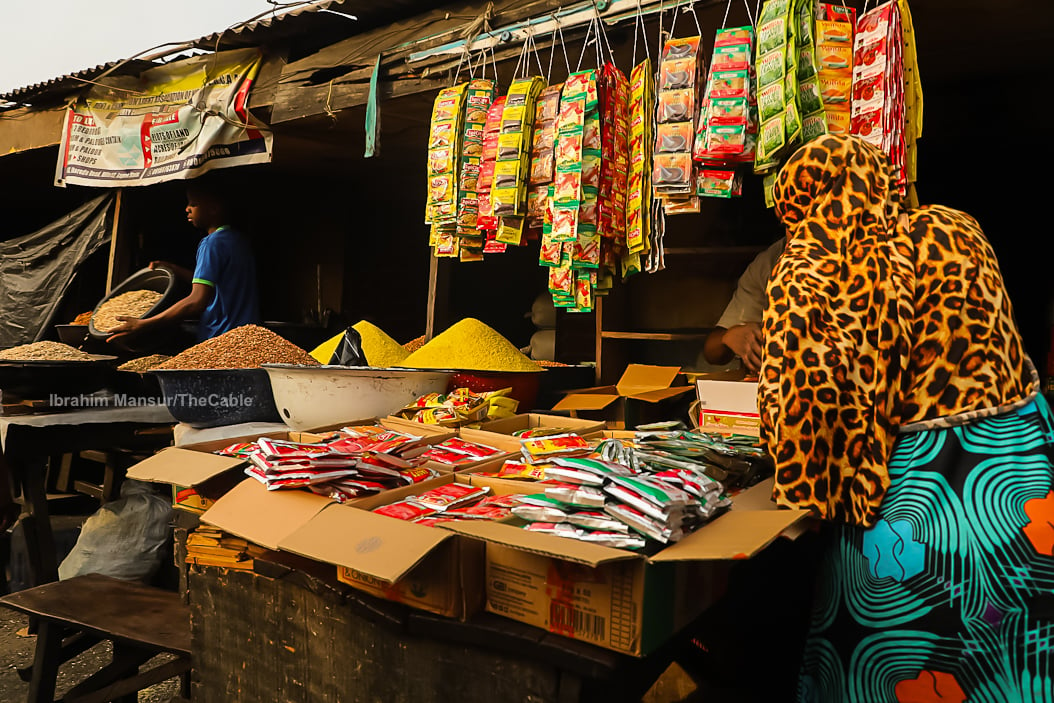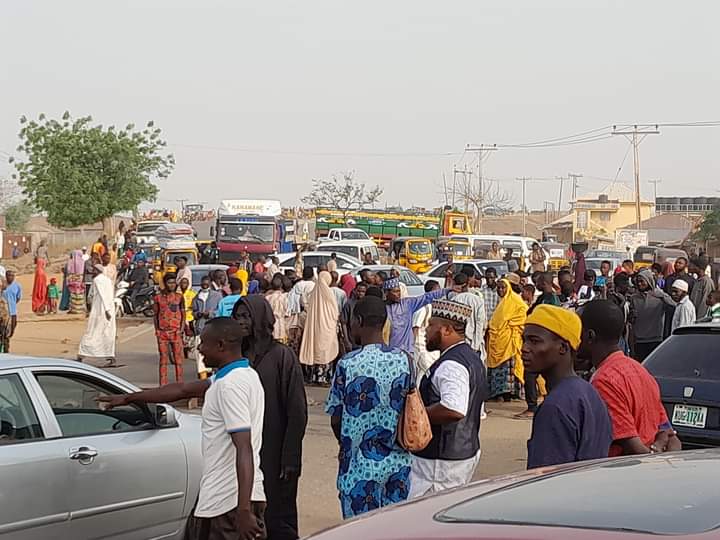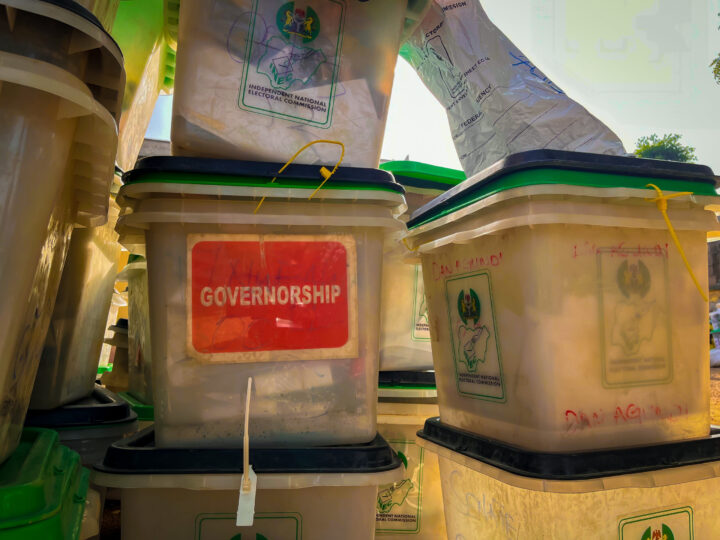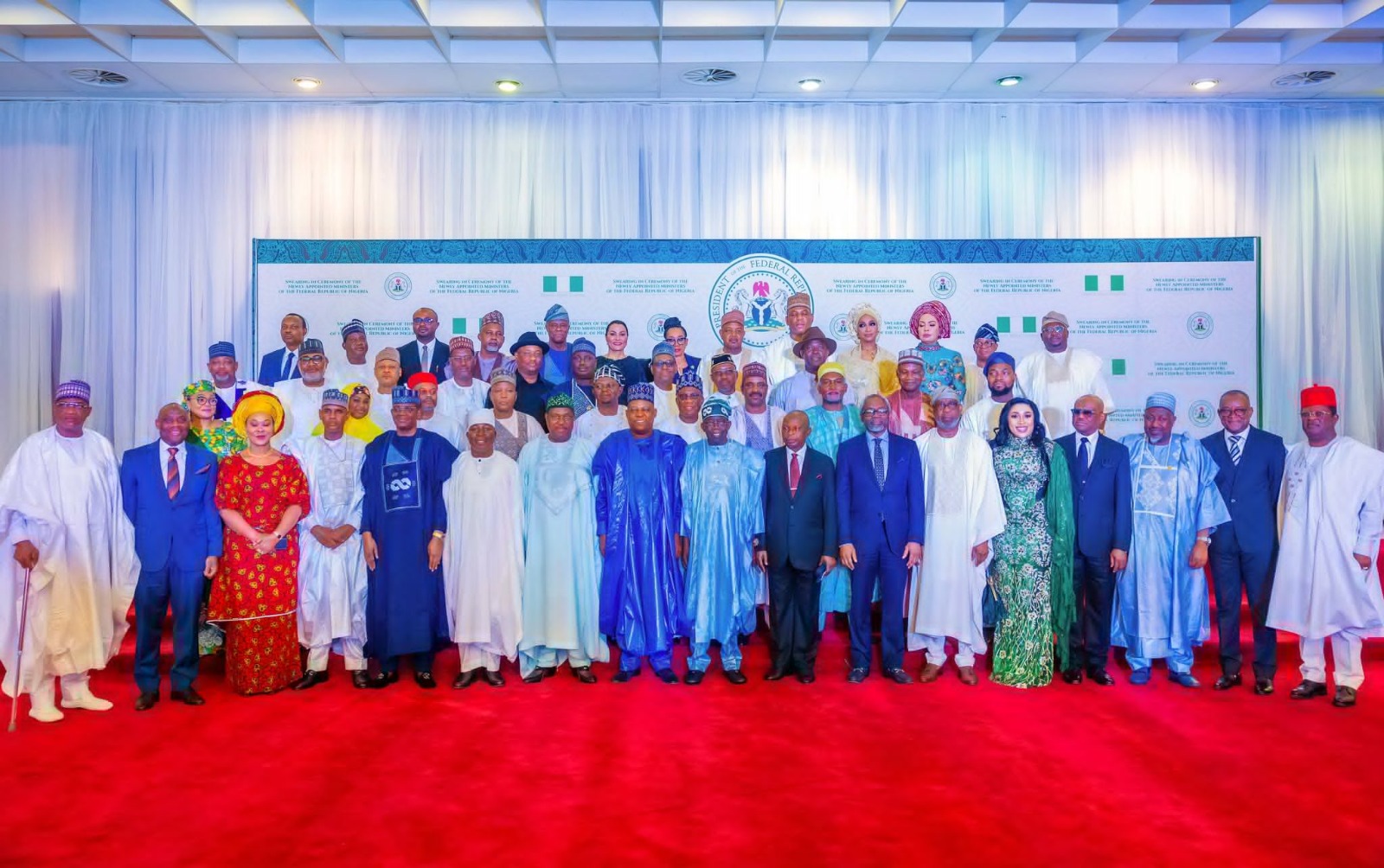It is obvious now, even to the beggar on the side-street that the Nigerian economy has fallen into a dangerous tail spin, threatening to completely spiral out of control.
At the core of this economic crisis is the exchange rate of the Naira to major international currencies, anchored by the US dollar. The exchange rate dictates, not only the costs of imported goods and services, but also the costs of imput to local manufacturing, the cost of fuel and, therefore, logistics cost. So, the cost of cement (manufactured in Nigeria), the cost of bread (baked in Nigeria) and the cost of rice (grown in Nigeria) all spiral at the same speed and in the same proportion as the Naira exchange rate. Needless to say that vehicles, machinery and equipment as well as medicines and other direct imports react even more sharply. The result is that ALL PRICES are spiraling on the back of the Naira exchange rate, leading to uncontrollable inflation. In the face of this, negotiating and determining a living minimum wage for workers becomes almost impossible as it is now a fast moving target. For instance, if Labour had successfully negotiated a 100% wage increase to N70,000 per month six months gap, it would have looked like an impossible feat. Today, that may not even be their starting point and it is impossible to predict what the picture will look like by year end. And this is speaking of the lucky few who are employed. The bulk of the educated youth population remain unemployed.
Is there no solution to this seemingly intractable problem? Perhaps it is time to take a step back and consider a simplistic layman’s approach to providing a solution, since the economic quadratic equations we have so far applied do not seem to provide any answer. In fact, I can see that in desperation, we are almost resorting to the 1984 Military Jack boot approach of breaking into warehouses and distributing “hoarded essential commodities” to the masses to assuage them. We are also chasing and arresting bureau de change operators in the hope of recovering “hoarded dollars” and injecting into the economy to assuage the exchange rate free fall. These actions only play to the gallery while ignoring the root of the problem.
My layman’s analysis reduces the problem to three critical action areas…
Advertisement
- Our forex earning capacity
- Management of our foreign exchange
- The twin critical enablers of electricity and transport infrastructure
As I will show shortly, I do not think that any of these “simplistic” solution steps is receiving the kind and quality of emergency attention that an economy in this state of crisis demands.
Our forex earning capacity today is hinged on two key sectors: solid minerals and oil & gas. The total neglect of the solid minerals sector over the past decades has delivered it to well organized, well-armed illegal operators who earn revenues from mineral extraction and sales with no contributions to the Federation Account. Fortunately, the statements and body language of the current Minister of Solid Minerals Development indicate that he fully understands the earning potentials of this sector. But he requires more than just talk and workshops to translate these potentials into tangible results. There is expertise, cognate planning and execution capacity that must be urgently assembled to generate the badly needed results. And the ensuing battle against the entrenched illegal operators can not be under-estimated.
And now to the troubled, and almost crippled oil and gas sector. Coming from a sixty-year history of six international oil companies (IOC’s) delivering our oil and gas production needs with minimal supervision and regulatory oversight, we have simply not woken up to the stack reality of their voluntary exit and resultant replacement by independents. This transition has been so badly managed that we are left with a huge capacity gap. Our current production level which is only two thirds of our capacity, plus all the hue and cry about crude oil theft are only symptoms of this gap in operating capacity. As I write, I don’t see the club of competent operators with the requisite financial and execution capacity and the committed work program to deliver a 30% increase in production year on year over the next three years to take us to 2.2 million barrels per day crude oil production. The case for gas, both for domestic use and LNG export is just as bad. A regulatory agenda to close this operating capacity gap is urgently required.
Advertisement
On our forex management efforts, I will dare repeat that the economic quadratic equations we have applied so far have failed to deliver any palatable result. We may have to take a long trip back to our economic history since the introduction of SFEM in 1986 and ask ourselves when has a unified exchange rate (i.e a unified official and parallel market exchange rates) ever worked in Nigeria. This is not our first attempt and I recall that in each case we have always had the official rate chasing the black-market rate with both plunging uncontrollably into the abyss. You cannot unify the two rates when you lack the supply capacity to support your currency. The CBN must manage the official rate with total discipline and professionalism in applying the supply support. The black market will correspondingly react by narrowing the gap. The stronger the supply support the narrower the gap. This sounds simplistic but our history teaches us that anything to the contrary leaves us unable to predict where the rate is going.
And finally, for the enablers, I will not over flog what everyone knows so well. I do not think we have taken any meaningful steps forward in building a composite generation, transmission and distribution capacity necessary to stabilize power supply since Prof. Barth Nnaji left the power ministry about ten years ago. The issues of transmission bottlenecks and grid collapse, metering inadequacies and losses and generation constraints have refused to go away.
And now, it has taken our cement manufacturers complaining about bad roads to extract a promise that Federal roads will be fixed. I do not know of any Federal Road in the country where you can drive through a 50 kilometer stretch of good, pole-hole free road. In the event, logistics costs become a huge component of cost of production in Nigeria. Neither of these two enablers is rocket science, as critical as they are in delivering economic prosperity.
Today, the subsidies on petrol and electricity that were removed with so much pump and fanfare have been re-introduced by an uncontrollable exchange rate. Can we dare to remove them at this time? Only a solution to the exchange rate conundrum will create the stability necessary to reopen this difficult but critical economic discussion.
Advertisement
Views expressed by contributors are strictly personal and not of TheCable.
Add a comment







